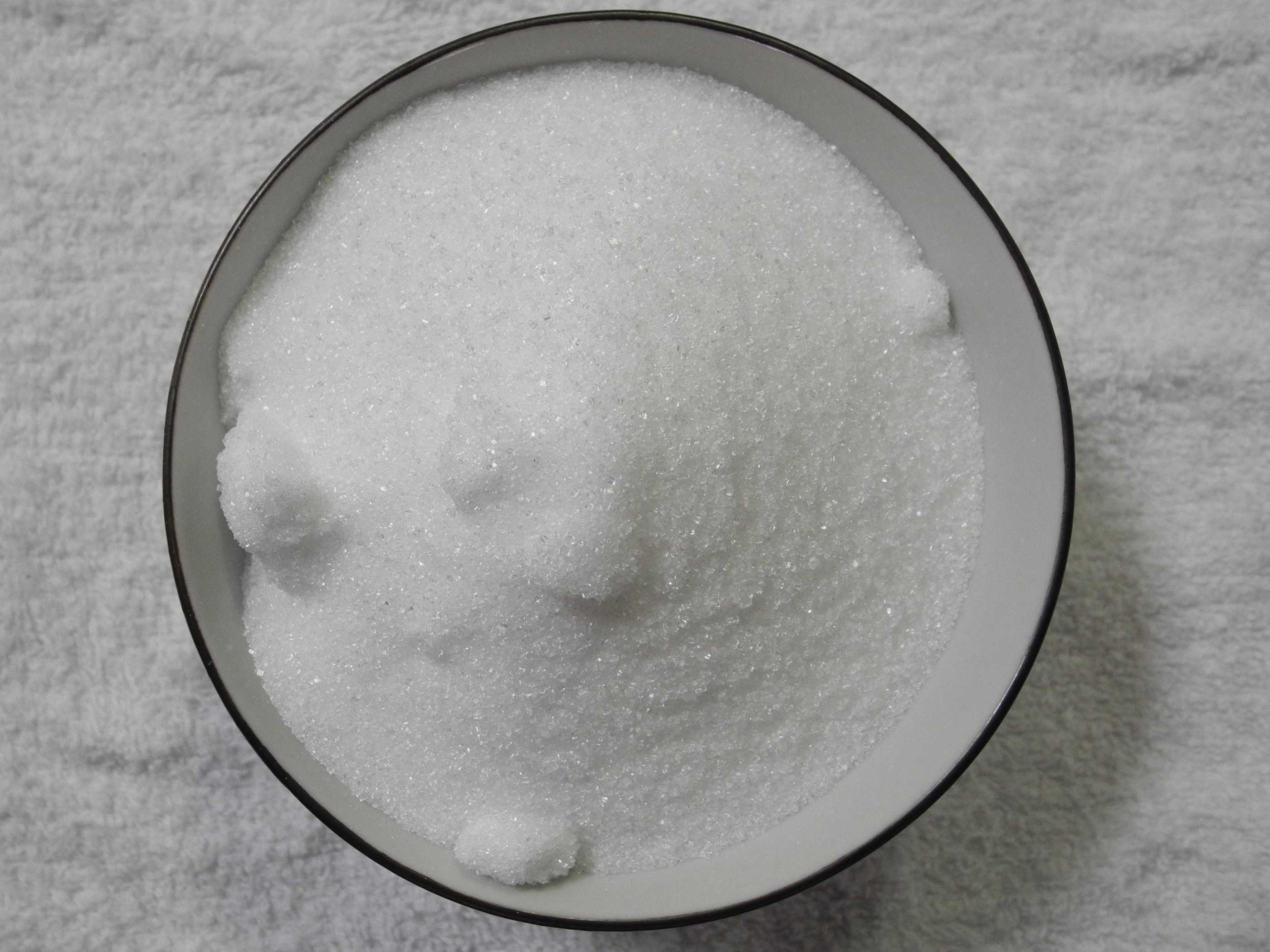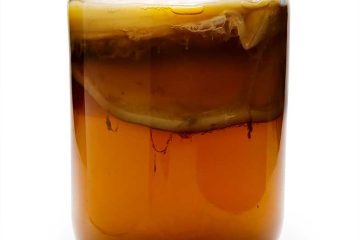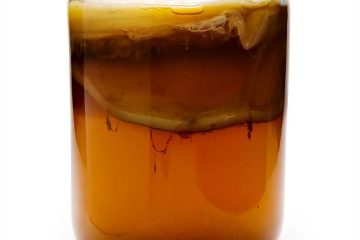kombucha tea ingredients

Embark on a journey through the tantalizing world of kombucha tea ingredients, where every element plays a crucial role in crafting this effervescent elixir. From the sweet embrace of organic cane sugar to the tangy allure of fermented tea, each component dances together harmoniously to create a symphony for the senses. Join us as we unravel the secrets behind the ingredients that give kombucha its distinctive flavor, fizz, and flair.
Table of Contents
- Exploring the Key Ingredients in Kombucha Tea
- Unveiling the Importance of Quality Tea for Kombucha Brewing
- Understanding the Role of Sugar in Kombucha Fermentation
- Enhancing Flavor Profiles with Additional Kombucha Ingredients
- Q&A
- In Conclusion
Exploring the Key Ingredients in Kombucha Tea
Kombucha tea is a delightful and healthful beverage enjoyed by many for its unique flavor profile and purported health benefits. The magic of kombucha lies in its key ingredients that come together to create this fizzy, tangy drink loved by health enthusiasts worldwide.In the art of crafting kombucha, a few essential ingredients steal the limelight. First and foremost, black or green tea serves as the base for this fermented wonder. Coupled with sugar to fuel the fermentation process, these ingredients kickstart the creation of the beloved kombucha brew. Moreover, the addition of a SCOBY (symbiotic culture of bacteria and yeast) is crucial in transforming the tea-sugar mixture into a probiotic-rich elixir. This symbiotic colony plays a pivotal role in the fermentation process, lending kombucha its distinct taste and health-promoting properties.
Unveiling the Importance of Quality Tea for Kombucha Brewing
When it comes to brewing the perfect batch of kombucha, the quality of tea used plays a significant role in shaping the flavor profile and health benefits of the final product. Choosing the right tea is essential for a successful kombucha brewing experience. Quality tea not only impacts the taste but also contributes to the overall well-being that kombucha offers.
High-quality teas, such as green tea, black tea, or oolong tea, provide a rich source of nutrients and antioxidants that are vital for the fermentation process in kombucha. These teas offer a depth of flavor and complexity that enhances the final brew. By carefully selecting premium teas for your kombucha recipes, you can elevate your home brewing game and craft exceptional batches that stand out in both taste and quality.

Understanding the Role of Sugar in Kombucha Fermentation
When it comes to the intriguing alchemy of kombucha fermentation, sugar plays a crucial role in the transformation process. In the magical realm of the SCOBY (Symbiotic Culture of Bacteria and Yeast), sugar is not simply a sweetener but a vital nutrient that kickstarts the fermentation dance. As the humble sugar molecules mingle with the SCOBY, they undergo a wondrous metamorphosis, culminating in the tangy, effervescent elixir we know as kombucha.Within the bubbling cauldron of kombucha, sugar acts as fuel for the SCOBY’s microbial minions, nourishing them as they work their fermentation magic. Through a mystical dance of metabolic processes, the sugar molecules are broken down into organic acids, enzymes, and beneficial bacteria that bestow kombucha with its signature tartness and probiotic goodness. It’s a delicate balance of sweetness and microbial alchemy, where each sugar molecule sacrificed contributes to the complex, living brew that is kombucha.
Enhancing Flavor Profiles with Additional Kombucha Ingredients
Enhancing the intricate flavor profiles of kombucha is an adventurous journey into the world of unique tastes and aromas. By incorporating a diverse array of additional ingredients, you can elevate your brew to new heights of deliciousness. Whether you prefer fruity undertones, herbal infusions, or spicy notes, there is an ingredient waiting to tantalize your taste buds.Fruit Infusions:
- Fresh berries (strawberries, raspberries, blueberries)
- Citrus fruits (lemon, lime, orange)
- Tropical fruits (pineapple, mango, passion fruit)
Herbal Delights:
- Mint leaves
- Lavender buds
- Ginger slices
Spice Up Your Brew:
- Cinnamon sticks
- Cloves
- Cardamom pods
By experimenting with these additional kombucha ingredients, you can unlock a symphony of flavors that will transform your brewing experience into a culinary adventure. Let your creativity flow and discover the endless possibilities of enhancing kombucha with a touch of your unique taste preferences.
Q&A
Q: What are the main ingredients used to make kombucha tea?A: The main ingredients for brewing delicious kombucha tea are simple yet essential. You’ll need filtered water, black or green tea (or a combination of both), sugar, a SCOBY (Symbiotic Culture Of Bacteria and Yeast), and some starter tea from a previous batch to kickstart the fermentation process.
Q: Why is filtered water important in the kombucha tea-making process?
A: Using filtered water in your kombucha recipe is crucial as it helps eliminate impurities and chlorine that might hinder the fermentation process. Cleaner water leads to a better-tasting and healthier brew.
Q: What role do black or green tea play in kombucha tea fermentation?
A: Black or green tea provides the necessary nutrients and compounds that fuel the fermentation process in kombucha. The tea leaves supply essential tannins, caffeine, and antioxidants that nourish the SCOBY and contribute to the tea’s overall flavor profile.
Q: Why is sugar a key ingredient in brewing kombucha tea?
A: Sugar acts as the primary food source for the SCOBY during fermentation. As the SCOBY consumes the sugar, it produces the natural effervescence and tangy taste that kombucha is known for. Don’t worry about the sugar content in the final product; most of it gets metabolized during the fermentation process.
Q: What is the significance of the SCOBY in making kombucha tea?
A: The SCOBY, often referred to as the “mother” culture, is the heart of the kombucha brewing process. It is a living symbiotic entity composed of beneficial bacteria and yeast strains that transform the sweetened tea into a probiotic-rich, fizzy beverage filled with health-promoting properties.
Q: Why is starter tea necessary for brewing kombucha tea?
A: Starter tea from a previous batch introduces the right balance of acidity and active cultures to the new brew, jumpstarting the fermentation process and ensuring a successful outcome. It helps maintain the acidity levels needed to keep harmful bacteria at bay while fostering the growth of good bacteria in the tea.




0 Comments